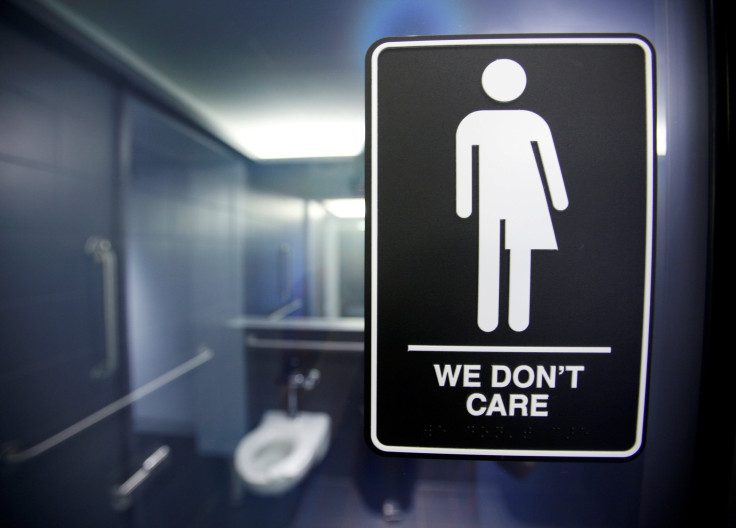North Carolina Faces Monday Deadline On US Challenge To Bathroom Law

North Carolina officials say they will respond by Monday to the U.S. government's challenge to a controversial law on public restroom access for transgender people, but it was unclear if the state would defy Washington and risk a legal battle.
In the newest chapter of transgender Americans' fast-evolving fight for equal rights, the federal government has notified North Carolina that its law is a civil rights violation. The law, which went into effect in March, requires transgender people to use public bathrooms corresponding to the sex on their birth certificate.
If the state does not pull back from implementing the first-of-its-kind statute, it could face a federal lawsuit, according to three letters that the U.S. Justice Department sent last week to North Carolina officials.
The department declined to say whether it would take legal action, but the letters suggest it is willing to do so, setting the stage for a potentially costly court fight over an issue that has already sparked several boycotts against the state.
The letters were "a statement that they clearly are ready to litigate" on behalf of transgender people in North Carolina, said Chai Feldblum, a commissioner at the U.S. Equal Employment Opportunity Commission.
The commission works with the Justice Department to investigate discrimination charges by public employees.
The president of the University of North Carolina system and a spokesman for North Carolina Governor Pat McCrory said in response to inquiries from Reuters that they would respond to the Justice Department by a Monday deadline that the department set. But the state officials declined to say how they would reply. The state's department of public safety, , which also received a letter, did not respond to requests for comment.
McCrory and other Republican state leaders publicly affirmed their support for the law after they got the letters last week. They said the Justice Department's conclusion that the law discriminates against public employees and university members amounts to government "overreach."
If state officials do not abandon the law and the Justice Department successfully sues for a court order forcing the state to stop enforcing it, the state would have to comply or face the loss of federal funding.
North Carolina stands to lose $4.8 billion in federal funding, mainly educational grants, if it does not back down from the law, according to an analysis by lawyers at the University of California, Los Angeles Law School.
The Justice Department and McCrory squared off over the same issue last year through amicus briefs in a case involving a similar bathroom rule at Virginia schools. The administration's position was upheld by the U.S. Court of Appeals for the Fourth Circuit, the same court that would hear appeals in any future federal case over the North Carolina law.
The law is already being challenged in federal district court by critics including the American Civil Liberties Union.
© Copyright Thomson Reuters 2024. All rights reserved.





















